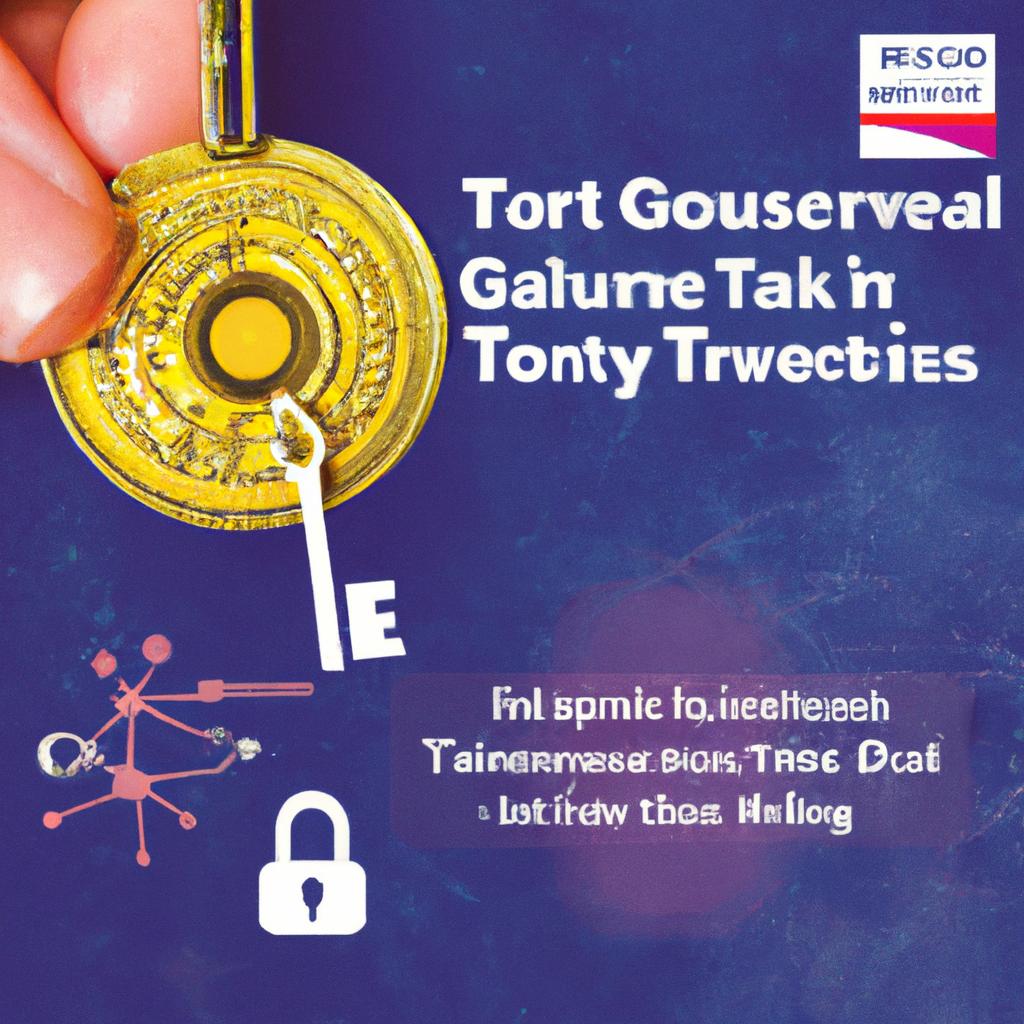The use of trust structures has been growing in importance in the realm of financial planning due to their flexibility and advantageous tax implications. One such trust that is gaining popularity is the GST trust, which allows individuals to transfer wealth to future generations while minimizing tax implications. In this article, we will delve into the intricacies of GST trusts and explore how they can be utilized to achieve long-term financial goals.
Understanding the Basics of GST Trusts
GST trusts, also known as generation-skipping transfer trusts, are a type of trust that permits assets to be passed down to future generations without incurring additional estate taxes. These trusts can be a valuable tool for estate planning, ensuring that your wealth is preserved for your heirs.
One key aspect of GST trusts is the generation-skipping transfer tax, which imposes a tax on transfers to beneficiaries who are two or more generations below the grantor. By utilizing a GST trust, you can potentially minimize the tax burden on your estate and pass on assets to your grandchildren or even great-grandchildren. It’s crucial to work with a knowledgeable estate planning attorney when setting up a GST trust, as the rules and regulations surrounding these trusts can be complex.
Benefits and Risks of Establishing a GST Trust
Establishing a GST trust can offer various benefits, such as minimizing estate taxes, protecting assets for future generations, and ensuring assets are used for intended purposes. However, there are also potential drawbacks to setting up a GST trust, including the complexity of trust administration, potential disputes among beneficiaries, limited flexibility in changing trust terms, and uncertainty about future tax laws affecting trusts. Therefore, individuals should carefully weigh the benefits and risks to determine if it aligns with their estate planning goals.
Factors to Consider When Setting Up a GST Trust
When setting up a GST trust, it is essential to consider factors such as selecting the trustee(s) who will manage the trust assets and make distributions to beneficiaries, defining the objectives of the trust, determining the duration of the trust, and considering the tax implications of a GST trust. Consulting with tax professionals and legal advisors can help navigate these complexities and ensure that the trust is structured in a tax-efficient manner. Additionally, regularly reviewing and updating the trust documents is crucial for the continued success of the trust.
Best Practices for Managing a GST Trust
When managing a GST trust, maintaining thorough and accurate records, regularly reviewing and updating the trust’s investment strategy, and communicating openly with beneficiaries are essential best practices to ensure smooth operations and compliance with regulations.
Key Takeaways
As we conclude our exploration into GST trusts, it is important to consult with a qualified professional to ensure you make informed decisions. Navigating the world of trusts can be complex, but with the right guidance, you can create a legacy that will benefit generations to come. Thank you for joining us on this journey through the world of GST trusts.

Unlocking the Power of GST Trusts: How They Can Benefit You
When it comes to estate planning and wealth management, GST Trusts are a valuable tool that can provide numerous benefits for individuals and families alike. These trusts, also known as Generation-Skipping Transfer (GST) Trusts, offer a unique way to pass down assets to future generations while minimizing taxes and ensuring financial security.
Benefits of GST Trusts
There are several key benefits to utilizing GST Trusts in your estate planning strategy:
- Minimize Taxes: GST Trusts can help reduce estate taxes by skipping a generation, allowing assets to be passed down to grandchildren or even great-grandchildren without incurring additional taxes.
- Asset Protection: By placing assets in a trust, you can protect them from creditors, lawsuits, and other financial risks that may arise.
- Continued Control: With a GST Trust, you can specify how and when assets are distributed to beneficiaries, ensuring that your wishes are carried out even after your passing.
- Privacy and Avoiding Probate: Using a trust can help keep your estate details private and bypass the lengthy and costly probate process.
Practical Tips for Using GST Trusts
Here are some practical tips to help you make the most of your GST Trust:
| Tip | Description |
|---|---|
| Choose the Right Trustee | Select a trustworthy and reliable individual or institution to serve as the trustee of your GST Trust. |
| Regularly Review and Update Your Trust | It’s important to review your trust regularly and make any necessary updates to ensure it aligns with your current financial goals and situation. |
| Communicate with Beneficiaries | Keep beneficiaries informed about the trust and its terms to avoid any confusion or disputes in the future. |
Case Studies
Let’s take a look at a couple of case studies to illustrate how GST Trusts can be utilized effectively:
Case Study 1: The Johnson Family
The Johnson family decided to set up a GST Trust to pass down their family business to future generations. By using the trust, they were able to minimize estate taxes and ensure that the business remained intact for their grandchildren to inherit.
Case Study 2: The Smiths’ Asset Protection
The Smith family placed their assets in a GST Trust to protect them from potential creditors and lawsuits. By doing so, they were able to safeguard their wealth and ensure their children and grandchildren would benefit from their hard work.
GST Trusts offer a powerful way to secure your financial legacy and provide for future generations. By understanding the benefits, practical tips, and case studies associated with these trusts, you can make informed decisions about how to incorporate them into your estate planning strategy. Consult with a financial advisor or estate planning expert to learn more about how GST Trusts can benefit you and your family.


